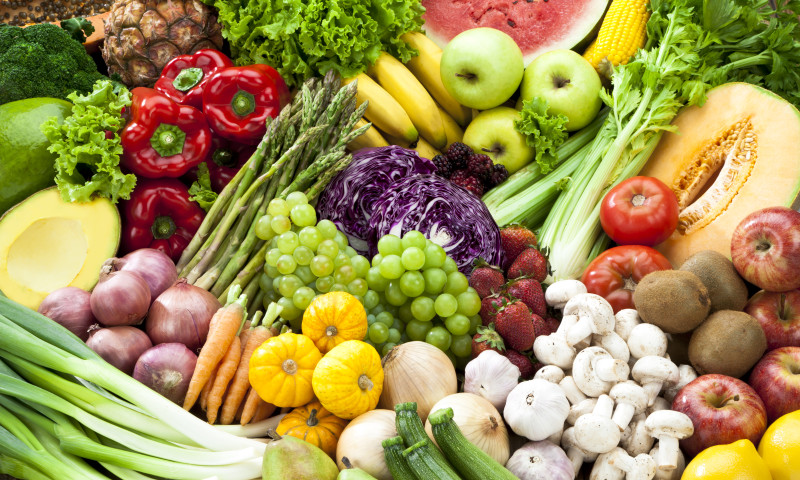Developing healthy and sustainable nutrition habits is essential to any weight management plan, but navigating the sea of nutrition information can be difficult! With all of the different types of foods that are out there, how do you know what to eat in order to maximize your health? How much of these specific foods should you be consuming?
Having a basic understanding of the different food groups can go a long way in building healthy nutrition habits that will benefit your goals for weight and health. Below, we explore the function of food groups and what you should know about them in order to tackle your goals!
What is a Food Group, Anyway?
Foods are grouped together because they provide similar health benefits and key nutrients. For example, the “Dairy” group is rich in calcium and protein that you’ll find in most dairy items such as eggs, yogurts and cheeses.
If you’re looking to optimize your health through nutrition, it’s important that your diets consists of items from a variety of food groups. That way, you’re getting all of the vitamins, minerals and nutrients that your body needs to stay functioning at its best!
A Glance at the Five Basic Food Groups
Fruit – Fruits are low in calories, high in fiber and packed with nutrients! They are also an excellent source of carbohydrates and are sweetened with natural sugar. Try them fresh, canned, frozen or juiced – you can enjoy fruits in many ways! For a great variety, consider:
- Grapes
- Bananas
- Apples
- Berries (blueberries, blackberries, strawberries)
- Melon
Quick Tips: Fresh fruit is always best, but you can enjoy fruit in its many forms. Aim for about two cups of fruit per day, and feel free to incorporate them into other food groups as well!
Vegetables – For having only a few calories, vegetables are a powerful source of fiber, nutrients, vitamins, minerals and carbohydrates! Some popular examples that are known for their astounding health benefits include:
- Broccoli
- Leafy greens (spinach, romaine, arugula)
- Bell peppers (all colors)
- Carrots
- Asparagus
Quick Tips: It is recommended that adults consume about three cups of vegetables per day. Just like fruits, you can also eat them fresh, frozen or canned – and they can be incorporated into almost any meal!
Lean Meats and Protein – Lean meats and protein are important for satiety as well as building muscle mass, supporting neurological function, aiding in digestion and more! Good sources of protein for your body include:
- Lean chicken and beef
- Fish
- Peanuts
- Walnuts
- Beans (Navy and Kidney, just to name a few)
Quick Tip: When consuming protein sources, be sure to check for fat intake as many lean meats and proteins contain a lot of fat. Small amounts of nuts, skinless chicken and lean ground beef can be excellent choices. As a general rule of thumb, aim to have palm-sized portions.
Dairy – Food from this group are rich with calcium, Vitamin D and protein, and their nutrients are important for building strong bones! As mentioned above, great sources of dairy include:
- Low-fat/reduced fat yogurt or Greek yogurt
- Eggs
- Low-fat cheeses
- Skim milk
Quick Tip: It’s important to choose low-fat versions of your favorite dairy options if you’re looking to manage your weight. Adults are recommended to take in about three servings per day of dairy products.
Grains – Grains provide your body with energy from carbohydrates, and they’re typically high in fiber and B vitamins. Examples of grain-based foods include:
- Breads
- Rice
- Pasta
- Tortillas
- Cereals
Quick Tip: Opt for whole grains rather than refined and processed grains so you can be sure you’re reaping maximum health benefits. The recommended servings for adults would be between five to eight servings per day (one ounce).
Want More Information on Food Groups, Including Quick Tips and Recipe Ideas?
Be sure to visit and claim a FREE copy of the Your Weight Matters Health and Wellness Guide by CLICKING HERE.





